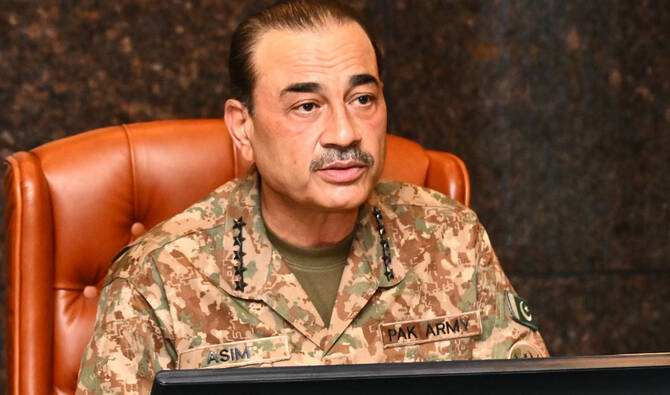In a rare public comment on foreign policy, Pakistan Army Chief Field Marshal Syed Asim Munir described his recent foreign visits as a “successful diplomatic maneuver.” He highlighted the country’s strategic diplomatic outreach across the United States, Gulf countries, and Central Asia during a high-level military briefing at the 271st Corps Commanders’ Conference in Rawalpindi.
US Visit Marks Key Engagement
The army chief emphasized the significance of his historic visit to the United States. During the trip, he held a private, two-hour lunch with US President Donald Trump—an event with no civilian leadership present. The discussion covered regional conflicts, including India-Pakistan and Iran-Israel tensions, as well as economic ties, cryptocurrency, trade, and technology.
Broader Regional Strategy
Munir also shared details of joint diplomatic visits made alongside Prime Minister Shehbaz Sharif to key countries such as Saudi Arabia, the UAE, Turkiye, Iran, and Azerbaijan. These visits came in the aftermath of the recent four-day military clash with India and growing instability in the Middle East.
Read: 149 Arrested in Major Faisalabad Raid Over Ponzi Scheme Network
According to the military’s media wing (ISPR), the conference reviewed global security dynamics, stressing the increasing global trend toward the use of force and the need for Pakistan to remain self-reliant and unified.
Internal and External Threats
The forum also examined security challenges inside Pakistan. Army commanders discussed threats linked to India-backed proxies, especially in Balochistan and Khyber Pakhtunkhwa. The ISPR reaffirmed that Indian intelligence agencies continue to support anti-Pakistan groups.
The statement stressed the need for decisive action across all levels to dismantle these proxy networks and ensure national stability.
Hybrid Governance Model
The military, which has directly ruled Pakistan for nearly half of its history, maintains a strong influence over foreign and security matters. In recent weeks, top government officials have openly described the country’s system as a “hybrid model,” where civilian and military leaders share governance responsibilities.
The forum concluded by underlining the importance of strategic clarity, unity, and proactive diplomacy to safeguard national interests in a rapidly shifting global environment.
Follow us on Instagram, YouTube, Facebook,, X and TikTok for latest updates
